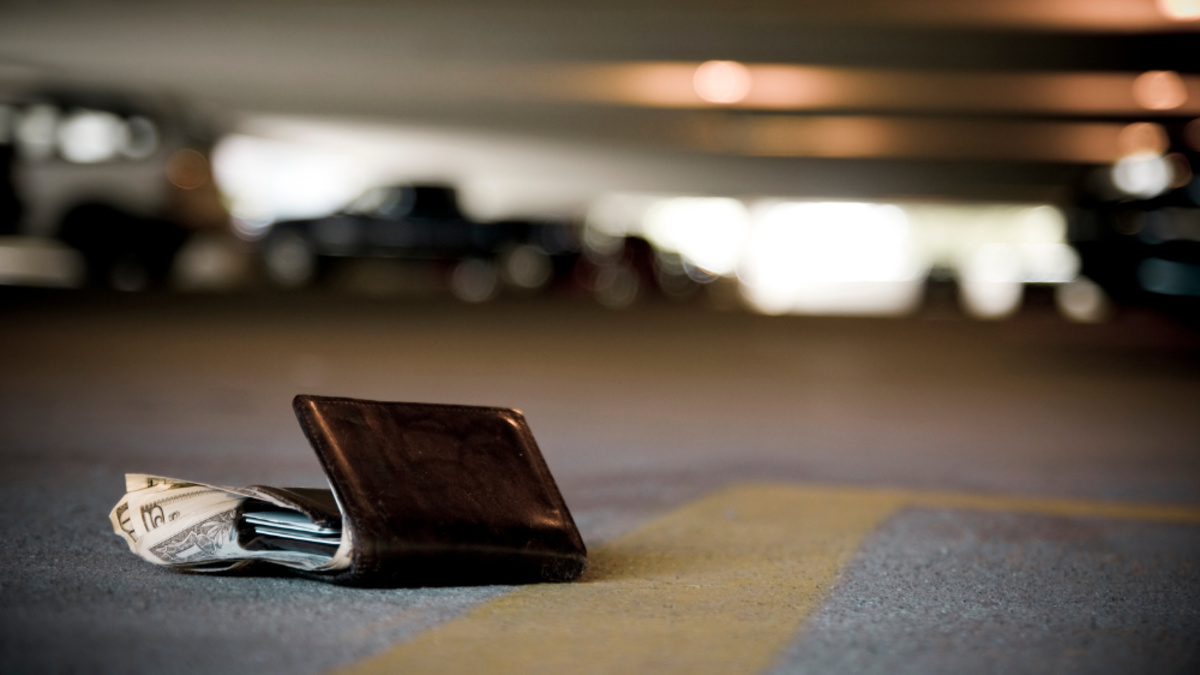How to Find Lost Money in an Old Bank Account

Joy Wallet is advertiser-supported: we may earn compensation from the products and offers mentioned in this article. However, any expressed opinions are our own and aren't influenced by compensation. To read our full disclosure, click here.
What, exactly, is unclaimed money?
- Property in states where you’ve lived
- Tax refunds that went undelivered
- Refund from FHA-insured mortgage
- Back wages
- Pension
- Life insurance payout
- Savings bonds
- Owed money as an investor from failed company
- Unlock Up to 4.31% APY**
- Combine Freedom Checking with Portfolio Savings to boost your savings APY by up to 0.20%.**
- Fewer fees, faster transactions. Plus, earn 2.00% APY* on your checking account.
- Move money instantly between your Portfolio Savings and Freedom Checking accounts.
- Skip the monthly maintenance fees and minimum deposit requirements.
How to find old bank accounts
How to reclaim lost bonds
Start with savings bonds
Explore other unclaimed government assets
- IRS for unclaimed tax refunds. If you think you're owed a tax refund you never received, visiting the IRS's official website and using the "Where's My Refund?" tool is a good start. Unclaimed refunds are more common than you might think, often resulting from filing errors or address changes.
- FHA-insurance refunds. Homeowners with FHA-insured mortgages may be eligible for refunds of their insurance premiums. The Department of Housing and Urban Development (HUD) maintains a database for such refunds.
- FDIC and NCUA for banking assets. If you had accounts in banks or credit unions that failed and were insured by the FDIC or NCUA, you might have unclaimed funds. Both organizations provide online search tools to identify and claim these assets.
Documents needed to make a claim
- Driver’s license or other state-issued ID
- Social Security number proof, such as copy or your Social Security card or IRS Form W-2
- Proof of address connected to property you're claiming, such as an old utility bill
- Proof of current address
- Death certificate if claiming money on behalf of a deceased relative
- Probate court order
- Unlock Up to 4.31% APY**
- Combine Freedom Checking with Portfolio Savings to boost your savings APY by up to 0.20%.**
- Fewer fees, faster transactions. Plus, earn 2.00% APY* on your checking account.
- Move money instantly between your Portfolio Savings and Freedom Checking accounts.
- Skip the monthly maintenance fees and minimum deposit requirements.
How to file a claim
Wait for the money to roll in
Avoid scam artists
- Unlock Up to 4.31% APY**
- Combine Freedom Checking with Portfolio Savings to boost your savings APY by up to 0.20%.**
- Fewer fees, faster transactions. Plus, earn 2.00% APY* on your checking account.
- Move money instantly between your Portfolio Savings and Freedom Checking accounts.
- Skip the monthly maintenance fees and minimum deposit requirements.
Other types of unclaimed money
- Pension and retirement plans through the Pension Benefit Guaranty Corporation’s unclaimed pension database.
- 401(k) and other retirement funds through the National Registry of Unclaimed Retirement Benefits
- Where’s My Refund? from the IRS
- Back wages through the Department of Labor
- Veterans Affairs database of unclaimed life insurance funds
- FHA-insured mortgage refund
- Bank failures listed by the Federal Deposit Insurance Corp.
- Matured savings bonds that have stopped earning interest
- Replace a lost or destroyed savings bond
The bottom line
Joy Wallet is an independent publisher and comparison service, not an investment advisor, financial advisor, loan broker, insurance producer, or insurance broker. Its articles, interactive tools and other content are provided to you for free, as self-help tools and for informational purposes only. They are not intended to provide investment advice. Joy Wallet does not and cannot guarantee the accuracy or applicability of any information in regard to your individual circumstances. We encourage you to seek personalized advice from qualified professionals regarding specific investment issues. Featured estimates are based on past market performance, and past performance is not a guarantee of future performance.
Our site doesn’t feature every company or financial product available on the market. We are compensated by our partners, which may influence which products we review and write about (and where those products appear on our site), but it in no way affects our recommendations or advice. Our editorials are grounded on independent research. Our partners cannot pay us to guarantee favorable reviews of their products or services.
We value your privacy. We work with trusted partners to provide relevant advertising based on information about your use of Joy Wallet’s and third-party websites and applications. This includes, but is not limited to, sharing information about your web browsing activities with Meta (Facebook) and Google. All of the web browsing information that is shared is anonymized. To learn more, click on our Privacy Policy link.
Images appearing across JoyWallet are courtesy of shutterstock.com.








